The fact that the landscape and atmosphere of the little town of Grignan, near Montélimar, which is surrounded by lavender and sunflower fields, became a setting of world literature is thanks to French-speaking Switzerland’s most famous living author, Philippe Jaccottet, who was born in Moudon on 30 June 1925. He studied literature in Lausanne and gained access to the leading authors of his day in Paris. Ever since 1953, when he moved to the small town at the foot of Mont Ventoux with his wife, the artist Anne-Marie Haesler, he has discovered in this barren landscape of rocks and water the “other condition” so craved by Musil, the dream of real life. Here he has found the solitariness – “it was a kind of escape so I could remain myself” – that has enabled him to enter into creative dialogue with great literary figures of the past and present.
Lightness of touch and reticence
In Grignan, in addition to the “Carnets de notes” (Notebooks) published in five volumes between 1984 and 2013, he has also produced lyrical works such as “Airs”, or “Leçons” (Learning) inspired by the death of Gustave Roud, the feather-light “Pensées sous les nuages” (Thoughts under the clouds) and the ascetic prose poems “Après beaucoup d’années” (After so many years). Jaccottet dedicated two major works to his friend, the lyrical poet André du Bouchet who died in 2001: the prose epitaph “Truinas” (Truinas) and the “Notes du ravin” (Notes from the abyss), where he called on the help of Hölderlin, Claudel, Virgil and Goethe to take the sting out of death. Even when it comes to the final realities of life, Jaccottet’s prose always possesses the lightness of touch, the hesitancy and the reticence that he showed in the poem “On voit” (You see) in 1976: “I’ve stored up grass and fast water, /I’ve kept myself light, /So that the barque sinks less.” They are very subtle but Jaccottet’s messages are by no means just dreamy and apolitical. His consistently critical travel book “Israël, cahier bleu” (Israel, blue book) of 2004 also contains lines like: “I fear that the power of money, which is spread like a plague, will ruin everything that is human down to the very roots.”
And although he certainly does not make any concessions to contemporary tastes, Jaccottet reaches his audience through the noise of the 21st century too. In 2001, poems of his were displayed in every Parisian metro station and, in the previous year, when the 75-year-old was first persuaded to give a reading, the Centre Culturel Suisse was bursting at the seams.
Congenial intermediary
However, Jaccottet’s significance can only really be appreciated by putting his creative work, which he delayed publishing for a long time, alongside his work as a translator which began with the French version of Thomas Mann’s “Death in Venice” in 1947. In the words of Rilke, Jaccottet wanted to become “someone appointed to extol”, and he extolled the poets by translating their work. His translations provided the French-speaking world access to Robert Musil, Thomas Mann, Hölderlin and Ingeborg Bachmann. In 2008, Jaccottet undertook probably his most demanding translation task with Rilke’s “Duino Elegies”, and it was again evident here how this great lyrical poet is able to get into the mind of other poets and to render their words with the subtlest moods and nuances: “It was this tone that I wished to convey, the very specific tone of a voice in which a lyrical work spoke to me.”
Charles Linsmayer is a literary scholar and journalist in Zurich.
“Poetry is this song that nobody can grasp, this space which remains uninhabitable, this key which we keep having to lose. If it ceases to be doubtful, ceases to be elsewhere (should that be: ceases to no longer be?), it founders and is no more.”
From: “La promenade sous les arbres” (Walk under the trees), 1957. “La promenade sous les arbres” has been translated into German by Friedhelm Kemp as “Der Spaziergang unter Bäumen”
Benziger-Verlag, Zurich 1981. It is currently out of print.
Bibliography: German translations of Jaccottet’s works are available in several volumes from Hanser-Verlag, Munich. The original French versions, including the 1626-page Pléiade edition of “Œuvres”, are available from Gallimard, Paris.
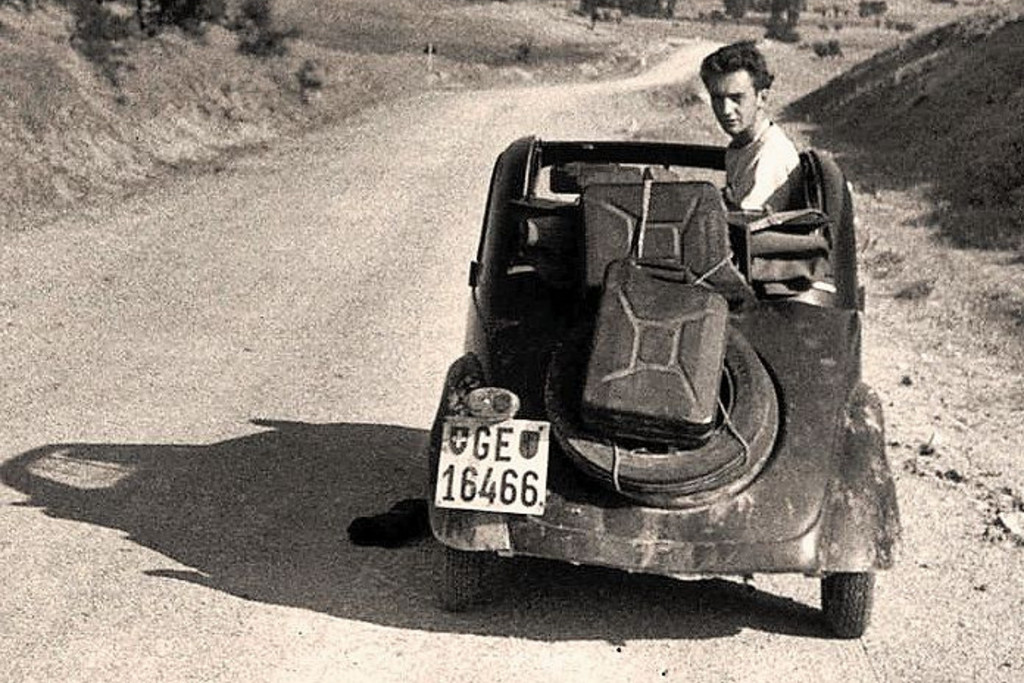
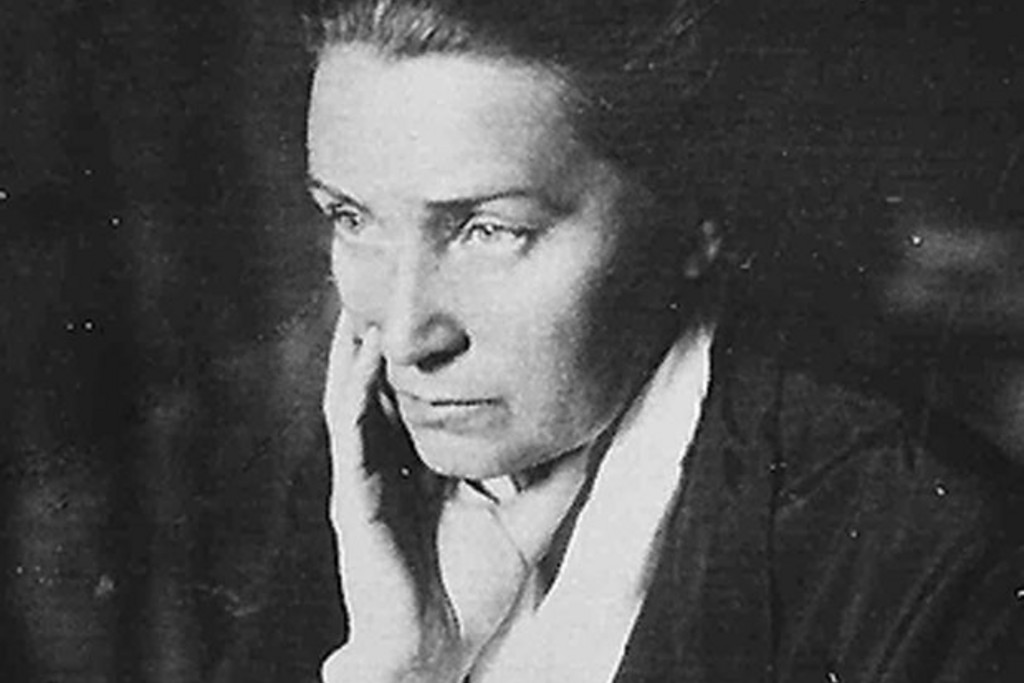
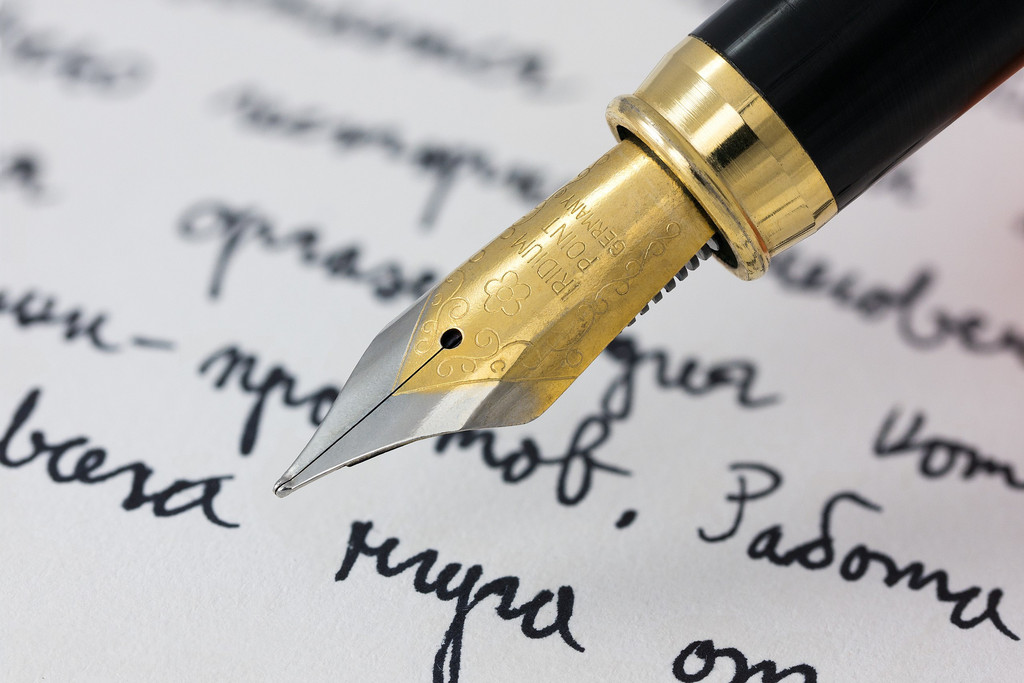
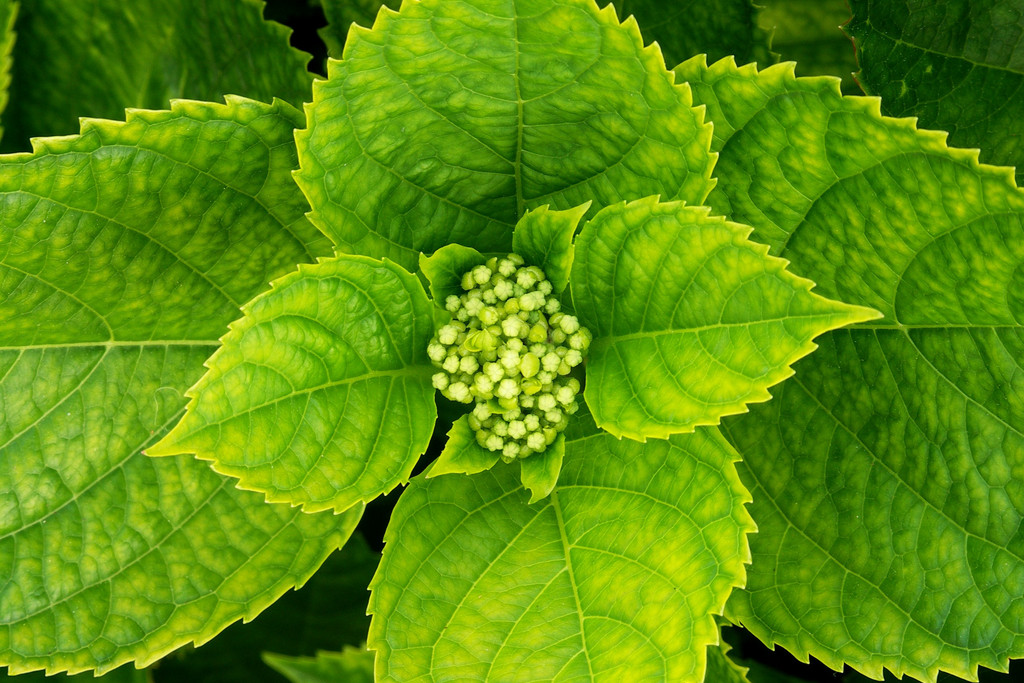
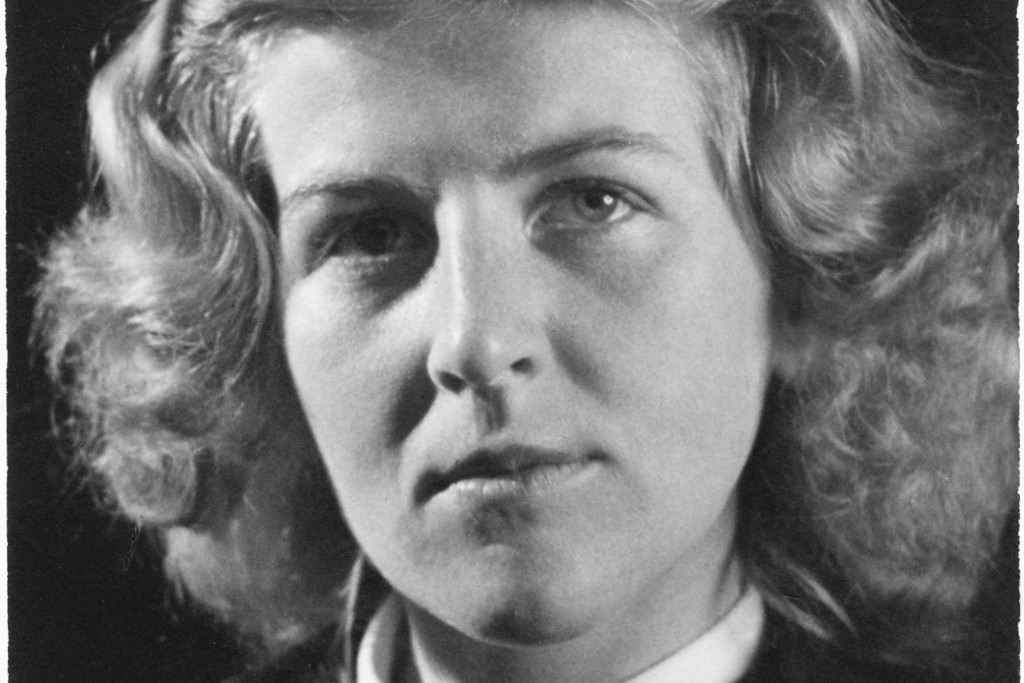
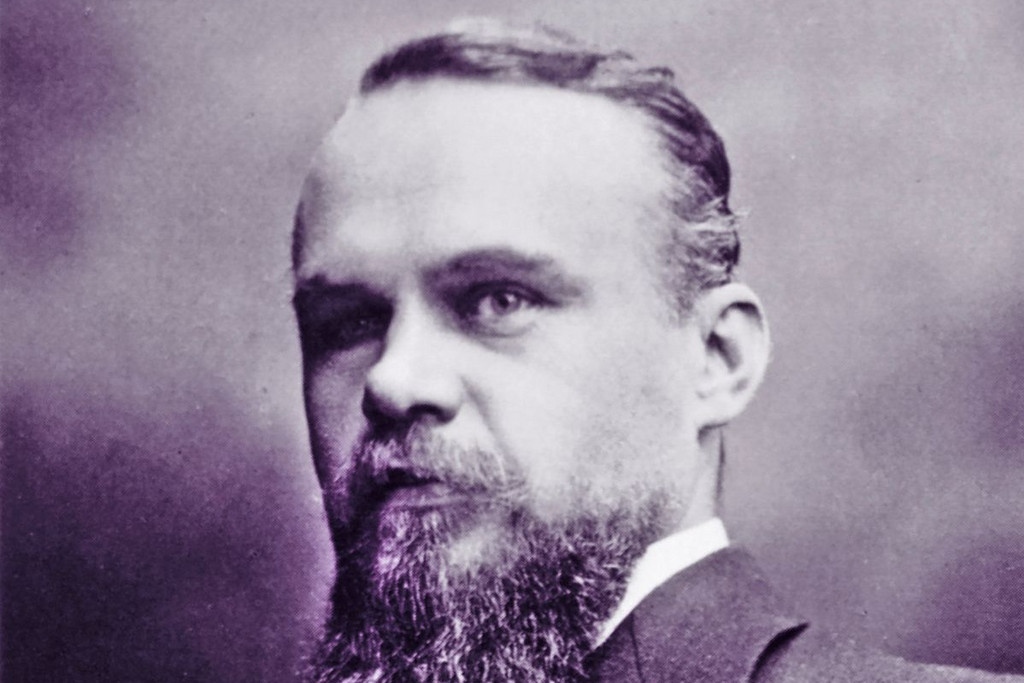
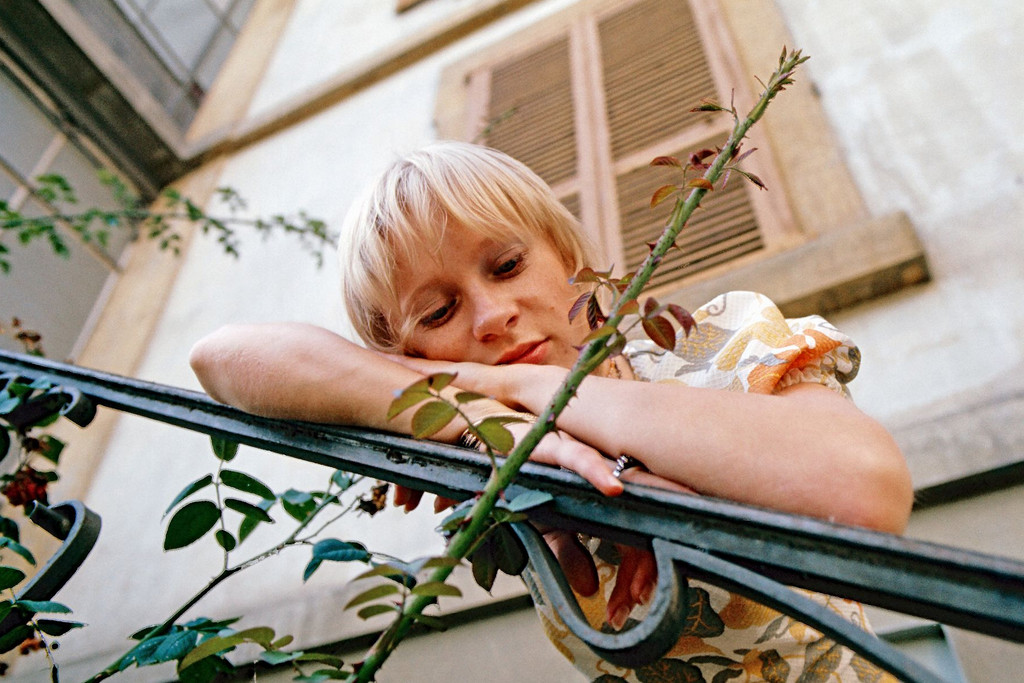
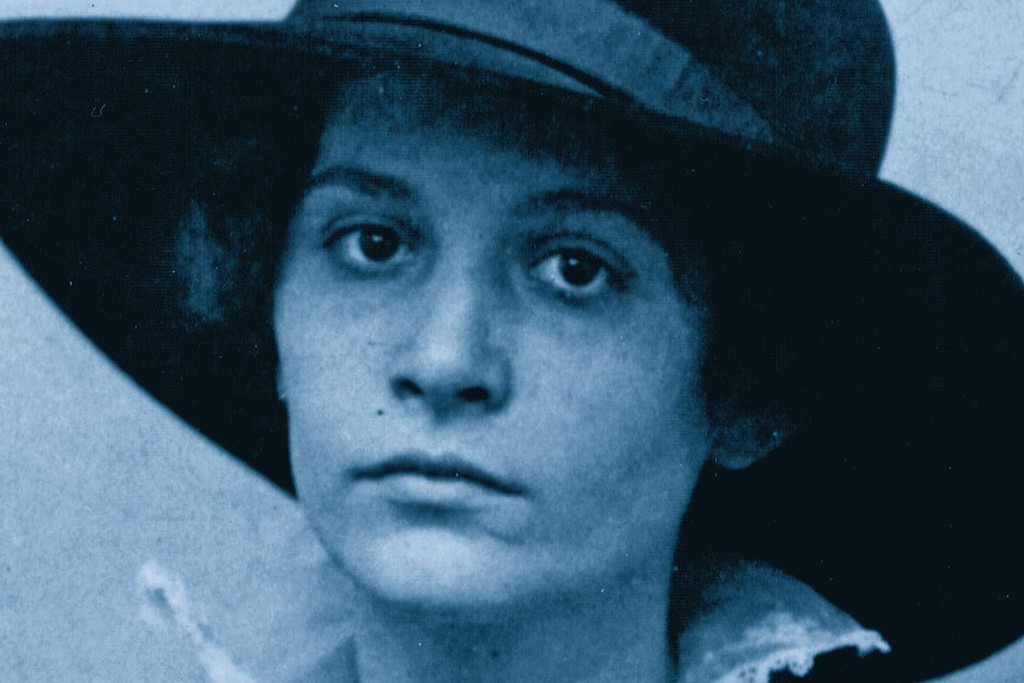



Comments